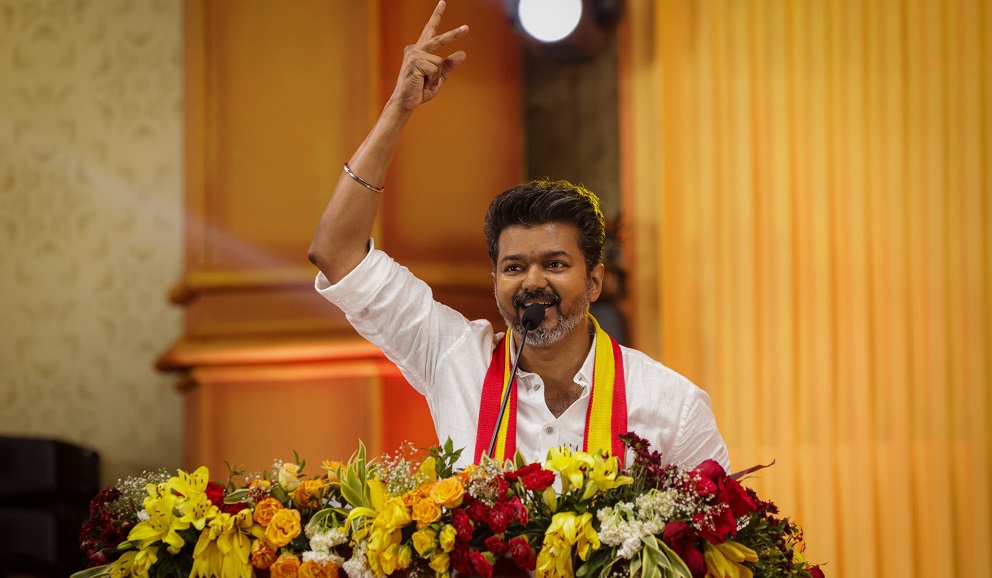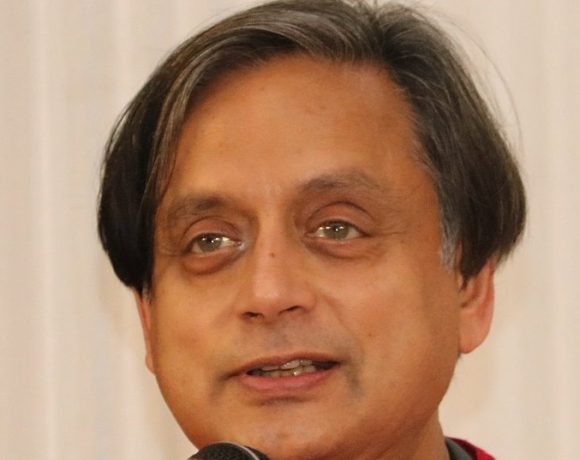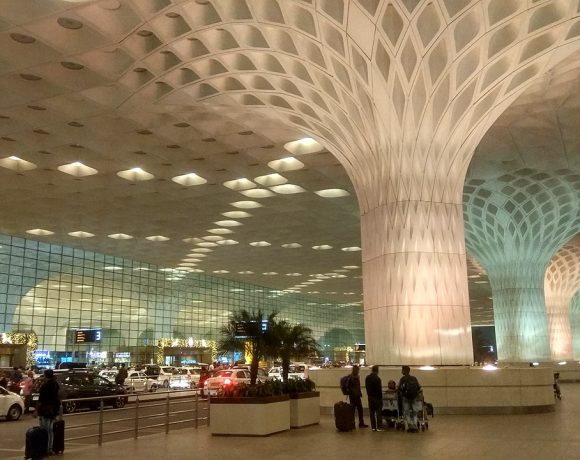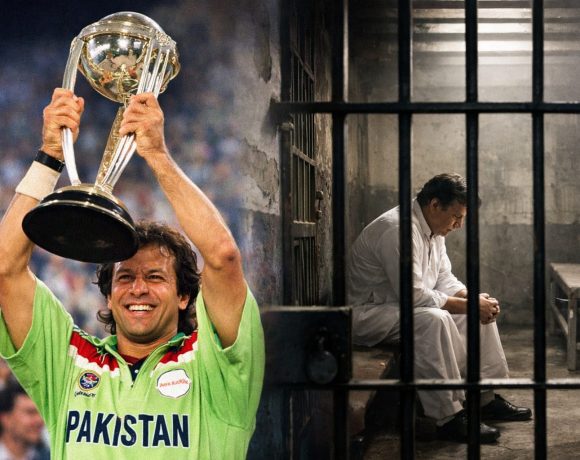
Actor Vijay Challenges Waqf Act in Supreme Court
Tamil actor and Tamilaga Vettri Kazhagam (TVK) chief Vijay has approached the Supreme Court with a petition challenging the constitutional validity of the Waqf (Amendment) Act, 2023. His move adds a new dimension to the growing national debate around the controversial legislation, which was recently passed by Parliament and has since drawn sharp criticism.
Vijay’s petition questions whether the amendments made to the Waqf Act are in violation of the fundamental rights guaranteed under the Indian Constitution. It is the latest in a string of legal actions challenging the amended law’s provisions and broader implications on land rights and religious autonomy.
Multiple legal challenges converge
The actor-politician joins a diverse group of petitioners who have already knocked on the doors of the apex court. Among them are AIMIM MP Asaduddin Owaisi, Congress MPs Mohammad Jawed and Imran Pratapgarhi, AAP’s Amanatullah Khan, and Azad Samaj Party chief Chandra Shekhar Azad. The Supreme Court is expected to hear the batch of petitions on April 16.
In anticipation of the legal scrutiny, the central government has filed a caveat, urging the court not to pass any interim orders without hearing its side.
Politicians and parties enter the fray
The political reverberations of the Waqf Act’s amendment continue to deepen. Tamil Nadu’s ruling party, DMK, has also joined the legal offensive. MP A Raja, a member of the parliamentary committee involved in drafting the Waqf legislation, has moved the court to question the intent and impact of the amendments.
While opposition voices argue the amended Act undermines community rights and property ownership frameworks, others have filed intervention pleas defending the law. They maintain the amendments are well within constitutional bounds and aim to streamline the administration of Waqf properties.
As the issue heads for judicial scrutiny, the verdict will likely have significant bearing on not just the governance of Waqf assets but also the broader legal discourse on religious trusts and minority rights in India.


















